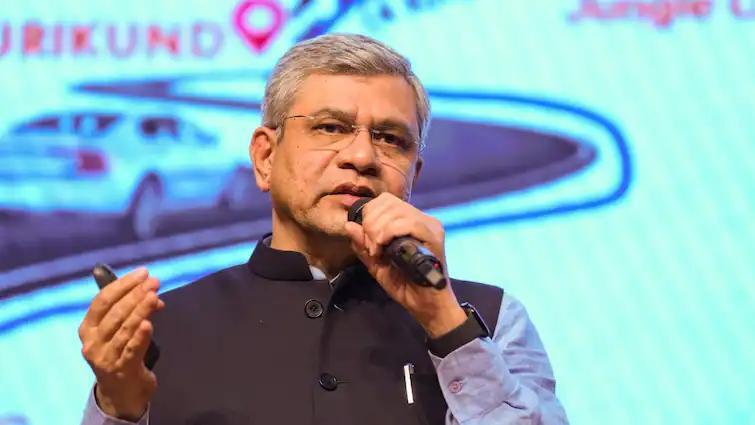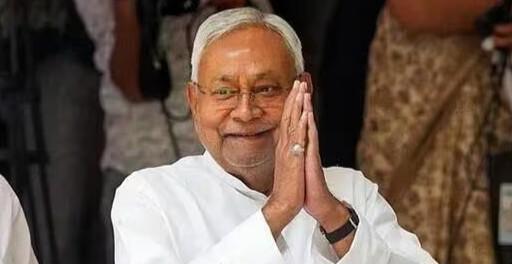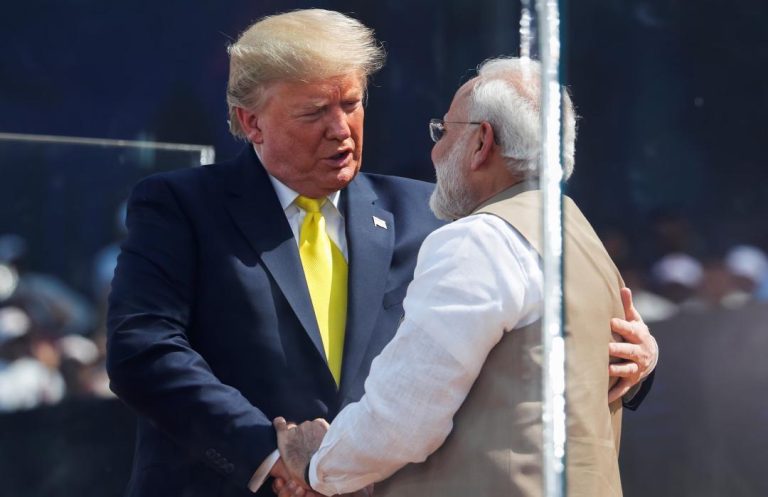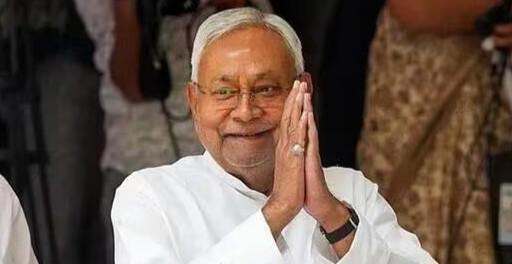
Electric Mobility Remains Key Focus Area for Govt: Vaishnaw
The Indian government has been actively promoting the adoption of electric vehicles (EVs) in the country, and it seems that this focus will continue in the future. Union Minister Ashwini Vaishnaw has recently reiterated that electric mobility remains a key priority area for the government. In a recent statement, Vaishnaw emphasized the government’s commitment to developing the right infrastructure and ecosystem for the promotion and adoption of EVs.
Vaishnaw’s statement comes at a time when the Indian government is making significant efforts to reduce the country’s carbon footprint and transition to cleaner forms of energy. The government has set ambitious targets to increase the adoption of EVs in the country, with a goal of having 30% of all new car sales being electric by 2030.
The government’s efforts to promote EVs are not limited to setting targets, but also include providing incentives and subsidies to encourage the adoption of these vehicles. The FAME (Faster Adoption and Manufacturing of Electric Vehicles) scheme, which was launched in 2015, has been instrumental in promoting the adoption of EVs in the country. The scheme provides a subsidy of up to Rs 1 lakh to buyers of electric vehicles, as well as a subsidy of up to Rs 1.5 lakh to manufacturers of electric vehicles.
In addition to providing incentives, the government is also working to develop the necessary infrastructure to support the growth of the EV industry. This includes setting up charging stations across the country, as well as providing support to manufacturers to develop the necessary technologies and manufacturing capabilities.
Vaishnaw’s statement is a welcome development for the EV industry, which has been facing challenges in terms of infrastructure and adoption. The industry has been calling for more support from the government to overcome these challenges and achieve the target of having 30% of all new car sales being electric by 2030.
The Indian EV industry has been growing rapidly in recent years, with the number of electric vehicles on the road increasing by over 50% in the last year alone. However, despite this growth, the industry still faces significant challenges, including the lack of charging infrastructure and the high cost of electric vehicles.
To overcome these challenges, the government is working to develop the necessary infrastructure to support the growth of the EV industry. This includes setting up charging stations across the country, as well as providing support to manufacturers to develop the necessary technologies and manufacturing capabilities.
The government is also working to reduce the cost of electric vehicles and make them more affordable for consumers. This includes providing incentives and subsidies to manufacturers, as well as working to reduce the cost of batteries and other components.
Vaishnaw’s statement is a positive development for the EV industry, which has been calling for more support from the government to overcome the challenges it is facing. The industry has been growing rapidly in recent years, but it still faces significant challenges, including the lack of charging infrastructure and the high cost of electric vehicles.
The Indian government’s commitment to promoting electric mobility is a welcome development for the EV industry, which is poised to play a significant role in the country’s transition to cleaner forms of energy. With the government’s support, the industry is expected to continue to grow and develop, providing a cleaner and more sustainable future for the country.
In conclusion, Vaishnaw’s statement that electric mobility remains a key focus area for the government is a positive development for the EV industry. The government’s commitment to promoting electric mobility is a welcome development, as it will help to reduce the country’s carbon footprint and transition to cleaner forms of energy.
Sources:






